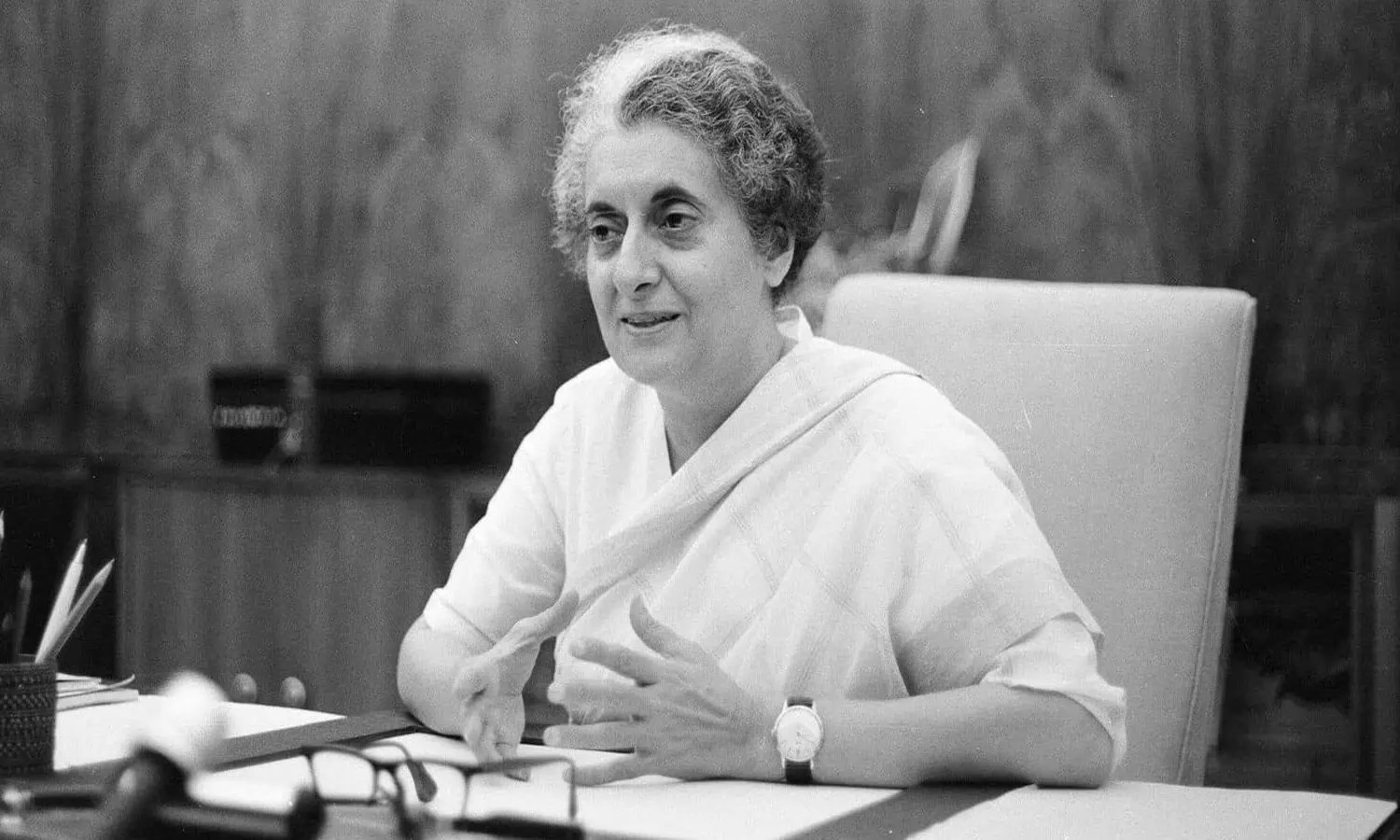TRENDING TAGS :
One Nation, One Election: Simplifying India's Complex Polling System?
Is a "One Nation, One Election" system the answer to streamlining the process?
Indira Gandhi, PC: Social Media
The idea of "One Nation, One Election," or holding simultaneous elections for both the national parliament (Lok Sabha) and state assemblies, has been a topic of discussion in India for decades. Proponents argue it could streamline the election process, reduce costs, and increase voter turnout. However, critics raise concerns about the complexity of implementation and potential harm to India's diverse political landscape.
Arguments for One Nation, One Election:
Reduced Cost: Simultaneous elections could lead to significant cost savings. Holding separate elections for Lok Sabha and state assemblies requires a massive logistical effort and financial expenditure by the government and political parties. Streamlining this process could free up resources for other areas.
Increased Voter Turnout: Proponents believe that having just one election cycle could lead to higher voter turnout. Instead of facing multiple elections across different timeframes, voters would only need to participate in one, potentially leading to a more engaged electorate.
Improved Governance: Simultaneous elections could lead to a more stable political environment. With all levels of government undergoing elections at the same time, there would be a clearer mandate for policy direction and potentially less disruption in governance.
Arguments Against One Nation, One Election:
Complexity of Implementation: Logistically, holding national and state elections simultaneously presents a significant challenge. The Election Commission of India would need to manage an even larger pool of candidates, constituencies, and voters, which could lead to logistical hurdles and potential delays.
National Issues vs. Regional Concerns: Simultaneous elections could overshadow regional issues. National political campaigns and debates might dominate the discourse, sidelining discussions on local and state-specific matters that are crucial for voters in particular regions.
Erosion of Federalism: Critics argue that One Nation, One Election could weaken India's federal structure. With national issues dominating the electoral landscape, the focus on state-specific challenges and regional political parties could diminish.
Historical Context:
The concept of One Nation, One Election has been debated in India since the time of Prime Minister Indira Gandhi. In the early 1970s, she attempted to implement a similar system, but it was met with strong opposition and ultimately failed. The current government, led by Prime Minister Narendra Modi and the Bharatiya Janata Party (BJP), has also expressed interest in exploring this possibility.
The Road Ahead
The "One Nation, One Election" concept remains a contentious issue. While it might offer potential benefits like reduced cost and increased voter turnout, concerns about logistical challenges and potential harm to India's federal structure require careful consideration. It's a complex issue requiring open dialogue and debate before a decision is made. Only time will tell if India chooses to implement this radical reform to its electoral system.



